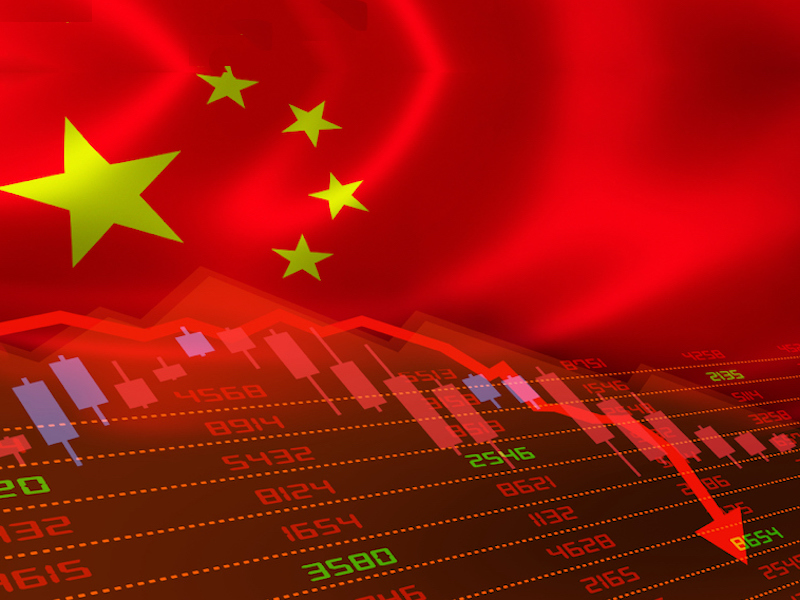
China is planning to raise its statutory retirement age in the years ahead, which should help ease some looming demographic pressures but also poses increased short-term risk, says Moody’s Ratings.
In a new report, the rating agency noted that, with China’s retirement age currently among the lowest in the G20, its government has endorsed legislation that would gradually push back retirement over the next 15 years.
Under the plan, the standard retirement age for men would rise to 63 from 60 over the period, while for women in white-collar jobs, it would rise to 58 from 55, and for women in blue-collar jobs, it would rise to 55 from 50.
The plan to raise the retirement age is intended to help address a demographic challenge that could shrink the workforce and undermine China’s future economic growth potential.
“An increasing population and rapid productivity gains were key drivers of China’s strong growth in the past, but we expect an aging population to curb potential growth over the coming decades,” Moody’s said.
Additionally, it noted that weaker growth and rising age-related spending pressures could put greater strain on public finances.
At current fertility rates, the United Nations forecasts that China’s working-age population will decline by nearly 40% by 2050, Moody’s said.
Without policy to address China’s demographic situation, the rating agency estimated that “China’s debt burden will increase to around 65% of GDP by 2040, from our forecast of 55.6% of GDP at the end of 2023.”
Raising the retirement age could help “mitigate the impact of an aging population on fiscal metrics and support economic growth,” the report said.
“Over the long run, the impact of a higher retirement age is credit positive as it should improve the labour force participation rate, particularly among the elderly,” it said.
However, the impact of the change will depend on various factors, “such as the skill set of the elderly population, the available jobs, and their adaptability to developments in technology and innovation.”
In the meantime, the effort to push back retirement could also “dent consumer sentiment from already weak levels, and its implementation may present social risk,” Moody’s cautioned.
Alongside the planned change to the retirement age, China is reforming its pension system to alleviate stress on its national pension fund.
Moody’s said the insurance sector should benefit from these planned changes, “because working for longer can help customers to accumulate more wealth, stimulating demand for annuity and private pension products.”